Piper Alpha anniversary and Hazards - process safety matters
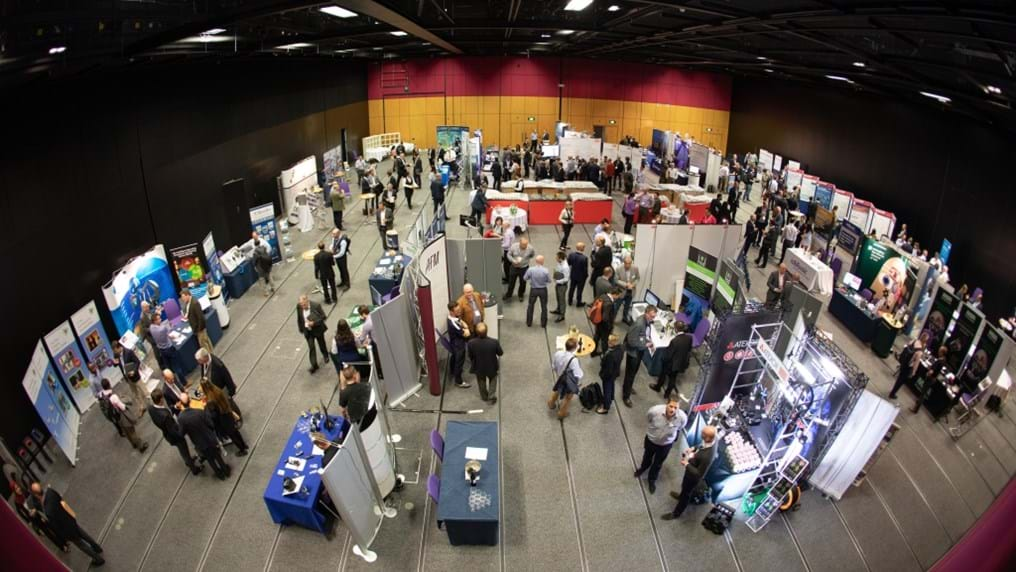
6th July 2018
Our friends at The Chemical Engineer have been sharing Piper Alpha Perspectives all this week, where chemical engineers and process safety professionals from around the globe have been sharing their personal views on the tragedy. You can read them here.
In addition, our Loss Prevention Bulletin has published a special issue to mark the 30th anniversary.
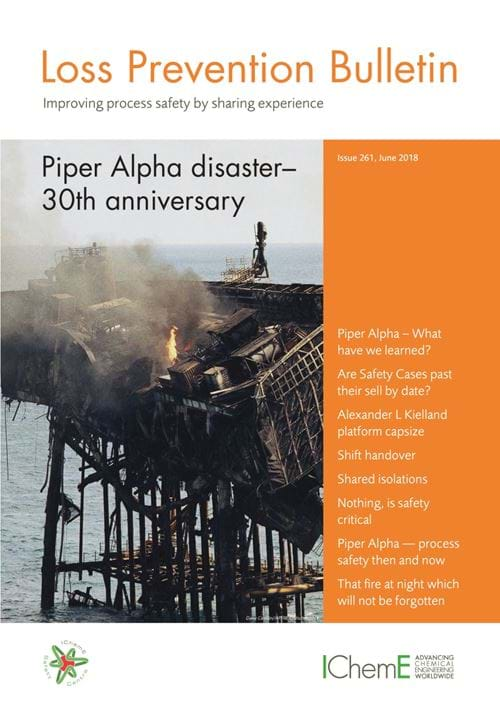
The anniversary reminds us that process safety matters, it still matters, and it will continue to matter for as long as the process and hazard industries continue to exist. It matters because we all have a duty to ensure that people return from work in the same state they attended - safe.
This is why the sharing of knowledge is critical in our industry.
IChemE helps to support the sharing of knowledge through the IChemE Safety Centre (ISC), which provide resources such as interactive case studies; journals such as Process Safety and Environmental Protection (PPSE) and the Loss Prevention Bulletin; expert networks such as our Safety and Loss Prevention Special Interest Group; dedicated medals that recognise excellence in process safety, such as the Franklin Medal and the Lees Medal; relevant training courses, partnerships with international process safety centres such as the Mary Kay O'Connor Process Safety Center; and and by qualifying Professional Process Safety Engineers.
Hazards 28 took place in May (15-17 May 2018), with Hazards Australasia being brought to a close just last week (26-27 June 2018). Here's a recap of both conferences, and a sneaky peek at some of the key talks.
Hazards 28, Edinburgh, UK
Trish Kerin, Director of the IChemE Safety Centre helped open the conference, alongside Technical Committee Chair Laurence Cusco, and officially launched 'Tidal Wave' - the latest in ISC's interactive case study range.
She also presented the Franklin Medal and the Lees Medal, which you can read about here.
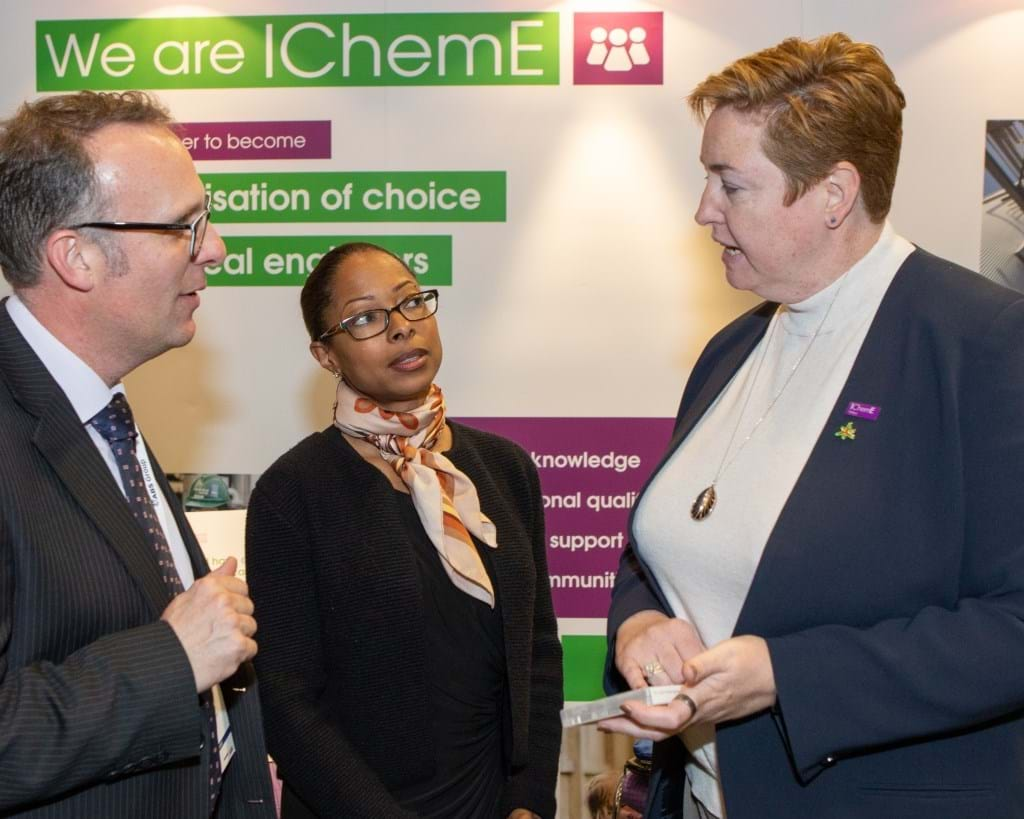
This was touched upon briefly by our 2018 speaker, Chair of the US Chemical Safety Board Vanessa Sutherland, who said:
"Dr Kletz changed the way American leaders thought about safety. That's why the Chemical Safety Board was created."
Flashing up photographs of infamous process safety incidents, such as the Texas West Fertilizer incident in 2013, she added: "There is a personal side to the process safety disasters, of which even the best reporters cannot convey." A message which is even more poignant as we remember Piper Alpha today.
Watch the fourth Trevor Kletz Memorial lecture.
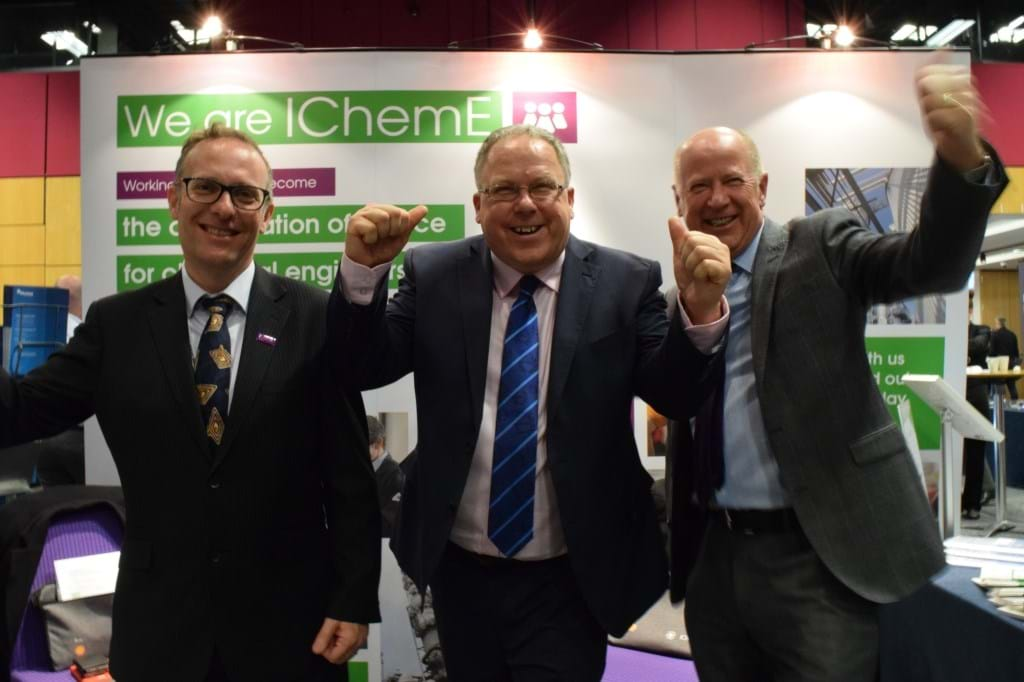
Ewens was keen to promote the Cynethin Framework and Staves demonstrated how L'Oreal has adapted Dupont's Bradley Curve to create an interdependent safety culture.
Watch Andy Ewens' keynote, and Malcolm Staves' keynote.
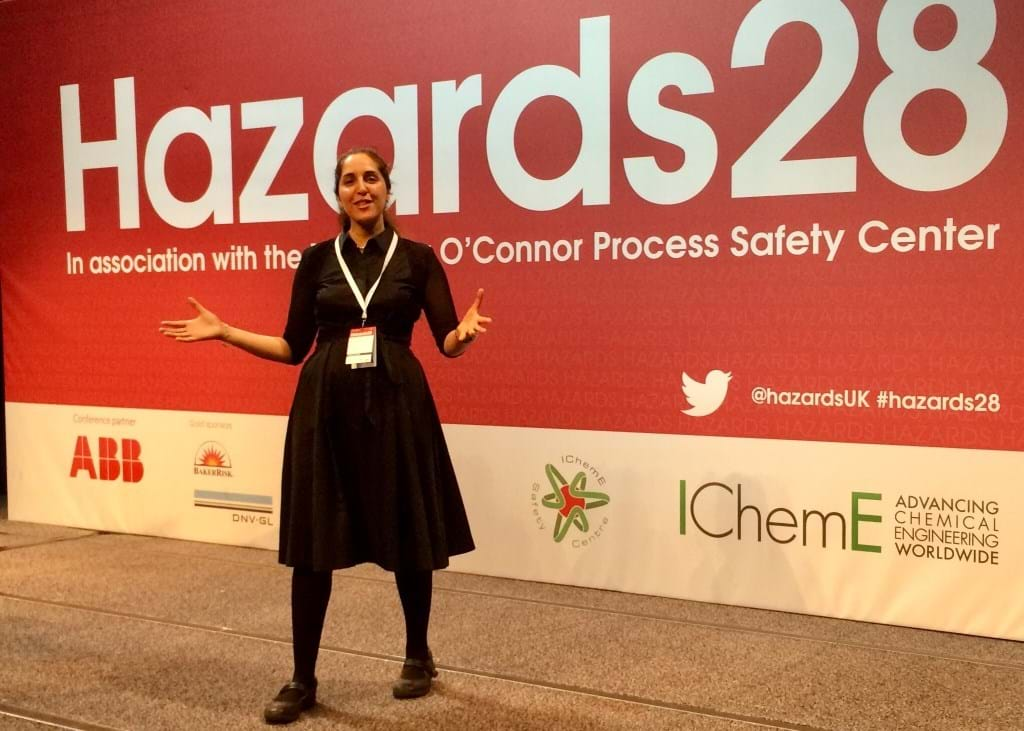
Watch John Mul's keynote, and Shahana Buchanan's keynote.
That could make for an interesting Hazards conference in future! What do you think our Hazards 50 event will look like?
View the Hazards 28 photo gallery.
Hazards Australasia, Perth, Australia
Hazards Australasia (#HazardsAA) had a strong focus on fire safety, a subject that is still fresh in our minds following the Grenfell Tower fire in June last year.
NOPSEMA's Chief Executive, Stuart Smith, followed with the same passion and challenged industry to do better and now, due to the increasing number of hydrocarbon releases.
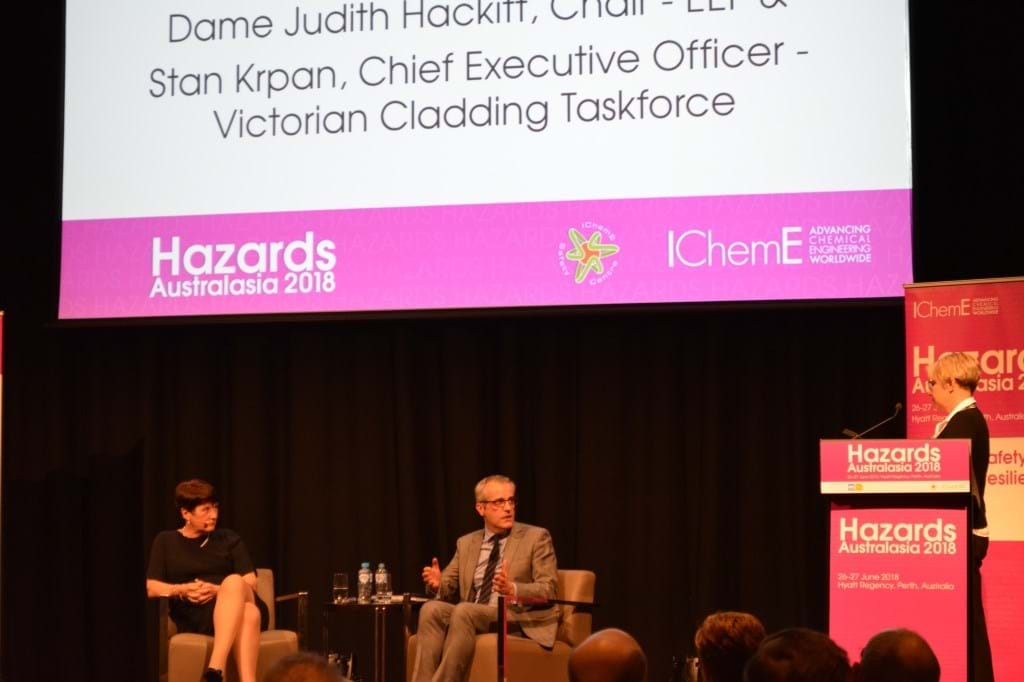
Delegates were challenged to think about buildings as complex systems - something chemical engineers know a little about! Our knowledge and experience as chemical engineers could be a great advantage in helping our construction colleagues.
ACT Australia took centre-stage, with a live stage production based on the Kings Cross Underground fire, called Smouldering.
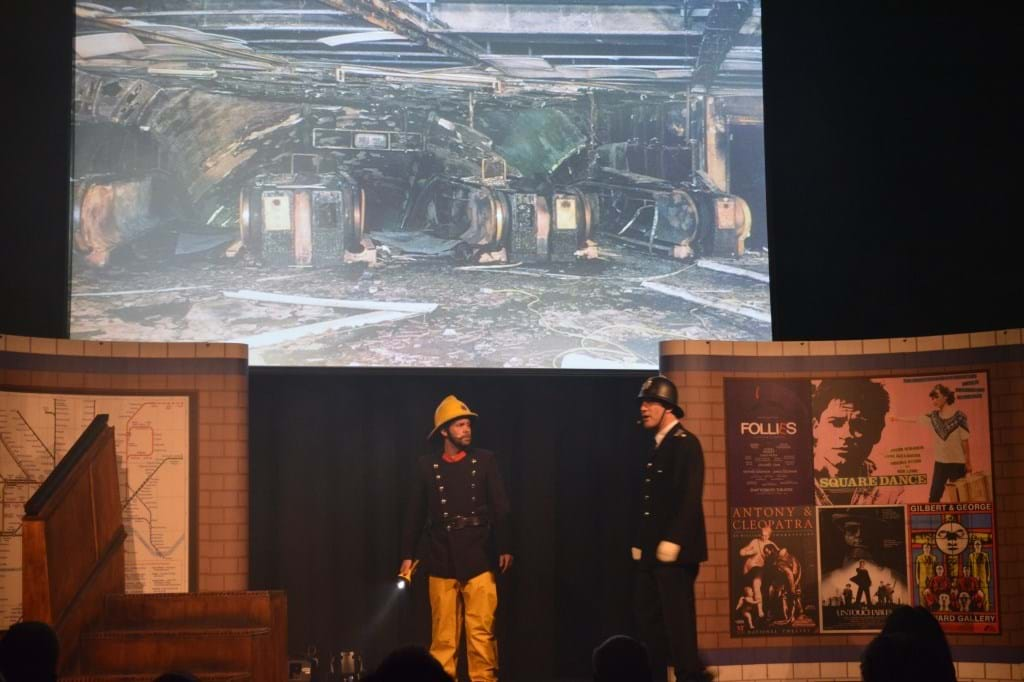
Pam Pryor AO from the Safety Institute of Australia opened the first panel session - How can process safety leverage off personal safety?
Facilitated by Dame Judith Hackitt, it included BHP's Marcus Lemin, Shell's Melissa Leonard, Alumina's Danny Spaducci and IChemE Safety Centre Director Trish Kerin. It ended with a call for action for each process safety engineer to go back to their workplace and have a conversation with their occupational health and safety (OHS) colleagues, to see how they can help each other.
View the Hazards Australasia photo gallery.
Risk will never be eliminated, but it can be greatly reduced. If you are interested in attending the latest Hazards Process Safety Conference, please visit www.icheme.org/hazards.